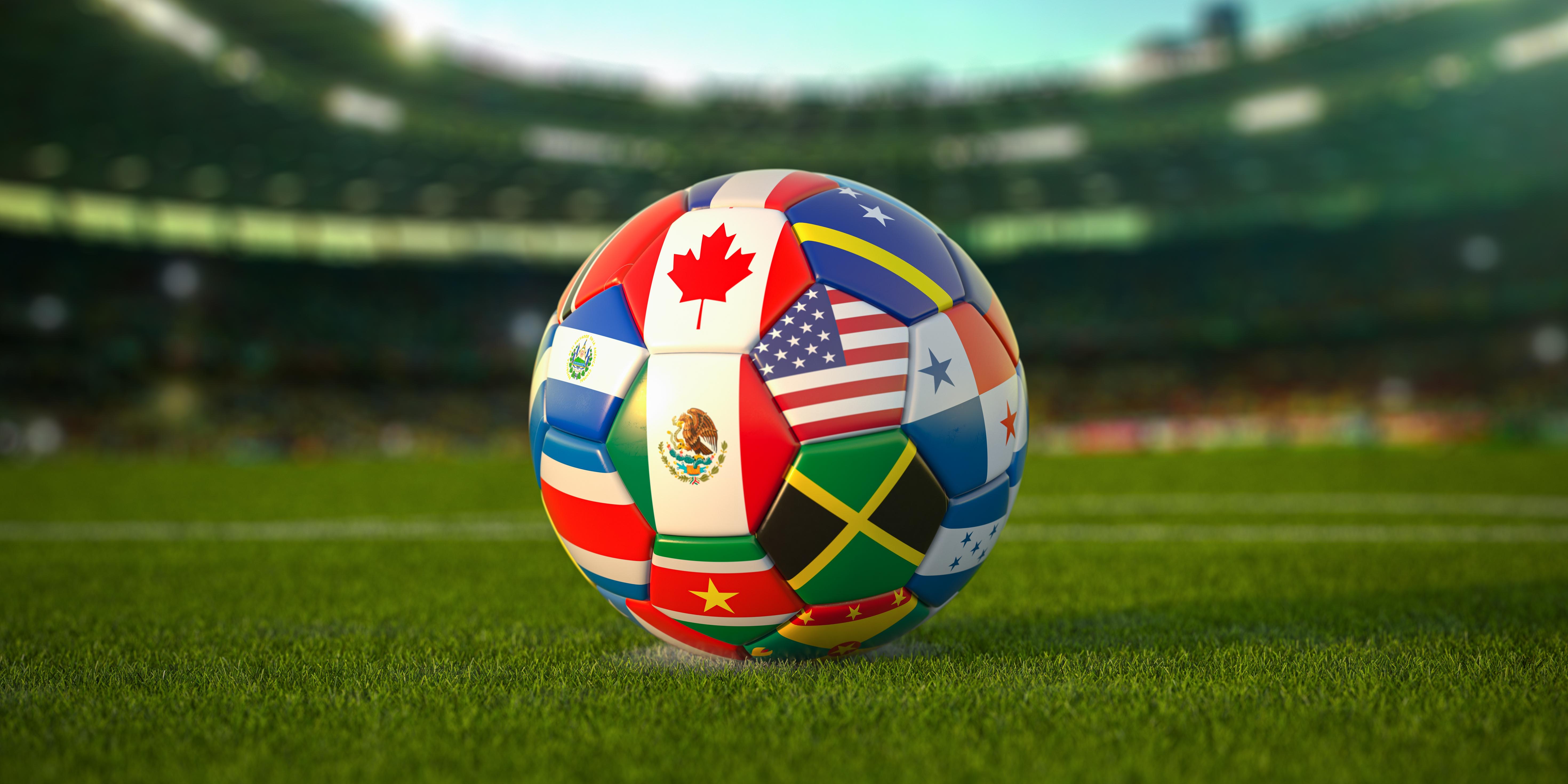A legacy-driven media platform documenting Korean excellence in culture, economy, and identity


"Football is just 90 minutes of chasing a ball," many might say. But come World Cup season, we're all reminded how that "simple" ball can truly transform the world and stir the emotions of countless people.
Every four years, the FIFA World Cup descends upon us, an event so massive it captivates over half the global population. It's more than just a sport; it's a grand spectacle where politics, economics, culture, and society intertwine. The 2026 World Cup, hosted jointly by the United States, Canada, and Mexico for the first time, promises to be the largest in history. With 48 nations competing, it's set to be a stage for an unprecedented mix of emotions.
These figures are unparalleled by any other content on Earth. Not even the American Super Bowl or the Eurovision Song Contest can compare. Football is the only cultural phenomenon that can simultaneously bring the planet to a halt.

The relationship between politics and football is far deeper and older than you might imagine.
The World Cup is a battleground for capital.
And this is just the beginning. From betting markets and sponsorships to digital broadcasting rights, NFT tickets, and AR/VR streaming, the World Cup serves as a laboratory and showroom for every capital structure imaginable.
The World Cup is a global cultural festival. From national cheering styles and attire to instruments, street cheering, and football anthems, the World Cup is a massive cultural encyclopedia in itself.
In 2002, South Korea astonished the world. Global media, observing the streets of Seoul along the Han River, Gwanghwamun Plaza, and Suwon World Cup Stadium filled with cheering citizens, remarked, "South Korea was not just an IT powerhouse, but a nation of passion."

Joy, anger, sorrow, elation, anticipation, anxiety – a single football match displays the entire spectrum of human emotions. It's a collective emotional simulation, functioning simultaneously as an emotional training ground for modern people.
Especially the World Cup transcends mere emotion, becoming an indelible memory.
We weren't just watching football; we were experiencing ourselves within those moments.
The 2026 World Cup will be the biggest stage yet:
However, the essence of the World Cup will never change. Football will continue to stir our emotions, shake nations, and orchestrate civilizations.
